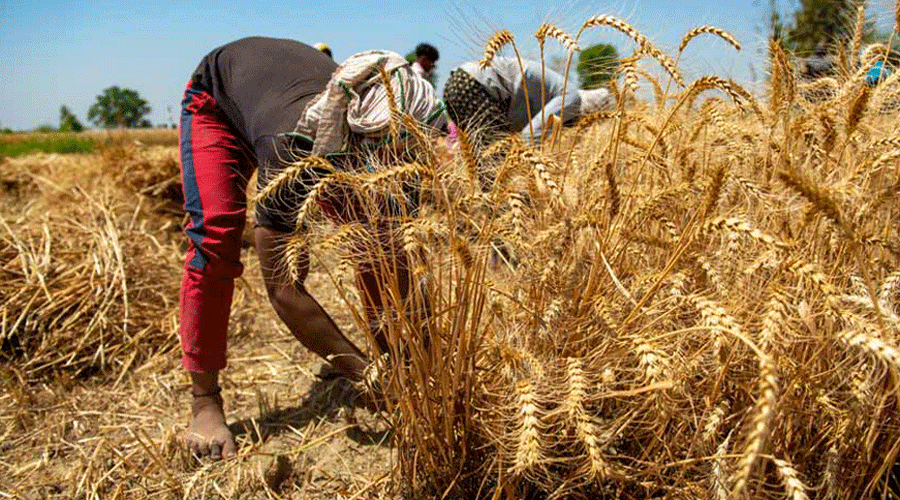India is likely to receive “below normal” monsoon rainfall in 2023, a private weather agency said on Monday, releasing a four-month seasonal forecast that has also predicted a one in five chance of drought.
Skymet Weather Services said it “expects the upcoming monsoon to be below normal to the tune of 94 per cent of the long period average,” attributing the predicted subpar rainfall to an emerging El Nino factor and other weather conditions.
El Nino is the name that weather scientists have given to a slight rise in the sea surface temperatures over a region of the Pacific Ocean that has been linked to dry weather in parts of Asia, including weak rainfall over India.
“(The) likelihood of El Nino is increasing and its probability to become a dominant (factor) during the monsoon is growing large. El Nino return may presage a weaker monsoon,” Skymet’s managing director Jatin Singh said in a statement.
The June-September rains account for about 75 per cent of India’s annual rainfall and is critical for the country’s crops, water resources, and economy.
Crops such as rice, maize, millet, oilseeds, pulses, and sugarcane are sown during these months.
The India Meteorological Department, the government’s weather services agency, will also issue its first long-range forecast for the 2023 monsoon on Tuesday, a senior IMD official said on Monday, declining to comment on Skymet’s predictions.
India has received normal or above-normal monsoon rains over the past three years.
The Skymet forecast for the four-month season has assigned a 40 per cent probability of below-normal rains, a 20 per cent probability of drought, a 25 per cent probability of normal rains, and a 15 per cent probability of above-normal rains.
Skymet said it expects inadequate rains in Gujarat, Madhya Pradesh during the core monsoon months of July and August and below-normal rains in Punjab, Haryana and Uttar Pradesh during the season’s second half.
Skymet said another weather factor called the Indian Ocean Dipole — which is related to sea surface temperatures in the equatorial Indian Ocean — has the potential to steer the monsoon and negate the ill effects of El Nino when sufficiently strong.
El Nino and the Indian Ocean Dipole are likely to be out of phase and may lead to extreme variability in monthly rainfall distribution, Skymet said. “The second half of the monsoon season is expected to be more aberrated.”
On guard
■ Rains forecast at 94% of long-period average between June and September
■ Chances of drought are 20%
■ El Nino to check rains










